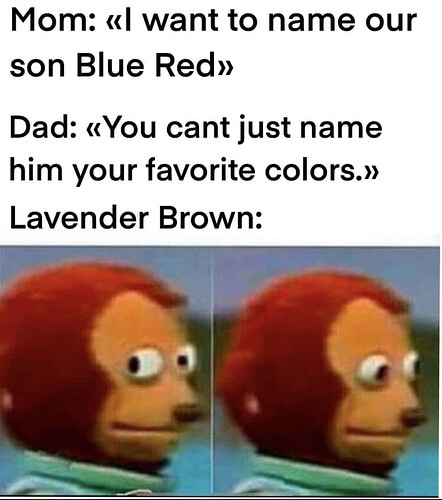Like everybody is saying, give kanji a try! Eg from time to time add a kanji or two to Anki for reviewing.
For textbooks, I really agree with @Slysoft , 中級へ行こう is a really great textbook. In class, that’s the textbook that we used after Genki 2. There is a short story / article in the beginning of each chapter to show how the new grammar will be used.
You can also try Bunpro’s reading section? Another idea is NHK Web easy articles?
There is also JLPT N4 Grammar or Reading book. Like the Kanzen Master N4 Reading Book (It will have furigana on everything). That could work really well as the difficulty should be just right.
Shounen / Shojo manga (like Nichijou, Demon Slayer) or Children’s books eg like from Tsubasa Bunko 角川つばさ文庫 ie with green frames can work too as they have furigana on everything… But as @severian said… children’s book can be very dry… On the Bookwalker / Booklive website you can read the samples of the manga / books by pressing on the cover image.
I don’t know if I would recommend it … but something that I do is: Go on Bookwalker and just read the free samples of anything and everything that catches my eye… Sometimes there are free volumes for a limited time like at the moment Spy x Family Volume 1. I have found some really great series like that that I can (somewhat) read 



